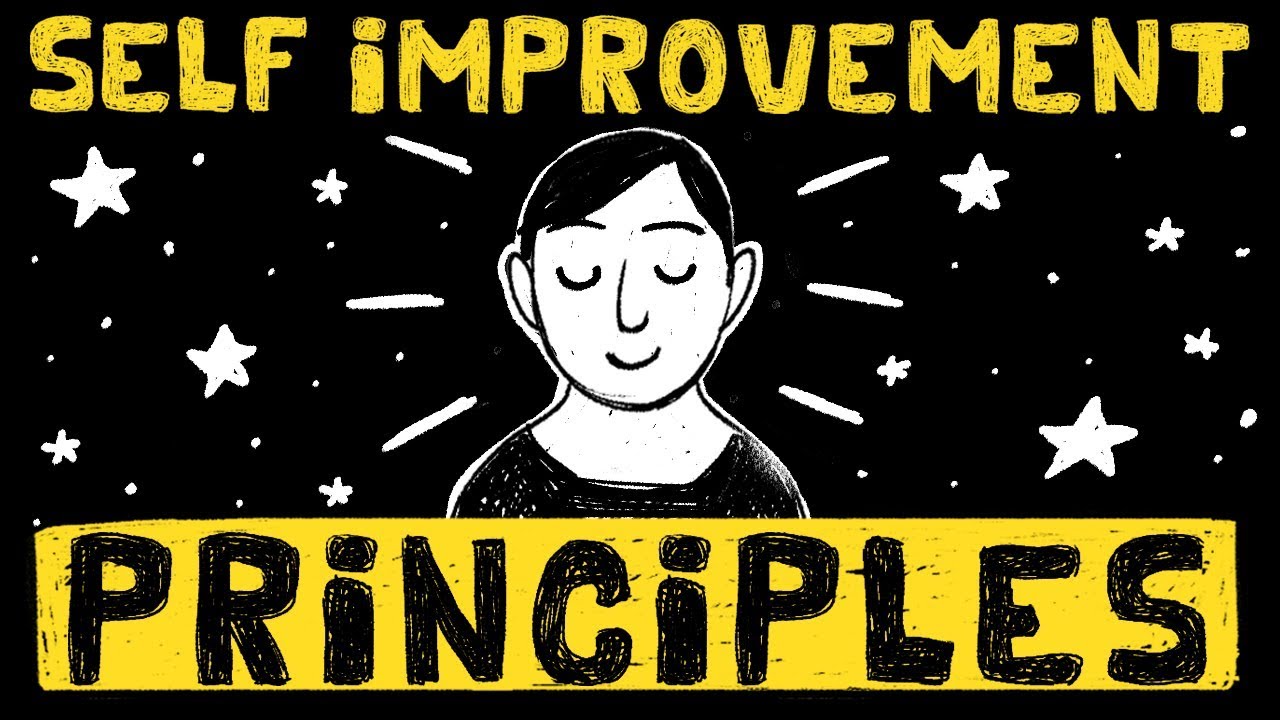The Modern Man’s Guide to Self-Care: Practical Habits for a Healthier Mind & Body
In today’s fast-paced world, self-care is no longer a luxury — it’s a necessity. While the term “self-care” is often associated with spa days and skincare, it’s actually about maintaining your mental, emotional, and physical health. And yes, men need self-care too.
This guide is designed specifically for the modern man — someone juggling work, relationships, and daily pressures, yet still striving to feel balanced, strong, and mentally sharp.
1. Start with Mental Wellness
Your mental health lays the foundation for every other part of your life. Prioritize it.
- Practice mindfulness or meditation: Just 5–10 minutes a day can reduce stress and improve focus. Try apps like Headspace or Calm.
- Journaling: Writing down your thoughts helps process emotions and gain clarity.
- Talk it out: Whether it’s with a friend or a therapist, talking about stress isn’t weak — it’s smart.
💡 Mental self-care for men is as important as physical training — never skip it.
2. Prioritize Sleep Like Your Gains Depend on It (Because They Do)
Sleep is the ultimate recovery tool.
- Aim for 7–9 hours per night.
- Use a sleep routine: no screens an hour before bed, reduce caffeine after 3 PM, and keep a consistent bedtime.
- Invest in a good mattress and blackout curtains — your body will thank you.
3. Fuel Your Body Right
What you eat directly affects how you think and feel.
- Eat real food: Lean protein, healthy fats, whole grains, and veggies.
- Hydrate like a pro: At least 2–3 liters of water per day.
- Cut the junk: Excess sugar, alcohol, and ultra-processed foods take a toll on your energy and focus.
4. Move Daily — Even If It’s Just 20 Minutes
Physical activity isn’t just about building muscle or burning fat — it’s about mental clarity, confidence, and longevity.
- Strength training 2–3 times a week improves testosterone levels and mood.
- Walk or bike daily for cardiovascular and mental health.
- Try yoga or stretching for better posture, flexibility, and stress reduction.
5. Grooming Is Self-Respect, Not Vanity
A solid grooming routine boosts self-confidence.
- Keep your hair, beard, and nails clean and well-groomed.
- Invest in quality skincare (yes, sunscreen too).
- Wear clothes that fit well and express your personality — it affects how you’re perceived and how you feel.
6. Social Connections Matter
Isolation can quietly erode your mental health.
- Maintain strong friendships: Make time for genuine connections.
- Join a club, group, or team aligned with your interests.
- Don’t be afraid to open up — real strength comes from vulnerability and connection.
7. Set Boundaries and Say No
Protecting your time and energy is crucial.
- Don’t overcommit — learn to say no when needed.
- Take regular digital detoxes to reclaim mental space.
- Be okay with rest — you don’t need to be “on” all the time.
Final Thoughts
Self-care for men isn’t about bubble baths and scented candles (unless that’s your thing). It’s about building habits that make you feel stronger, calmer, and more in control of your life.
Whether you’re an entrepreneur, a father, a student, or just trying to figure things out — you deserve to feel your best. Start small. Be consistent. And remember: taking care of yourself is a power move.





